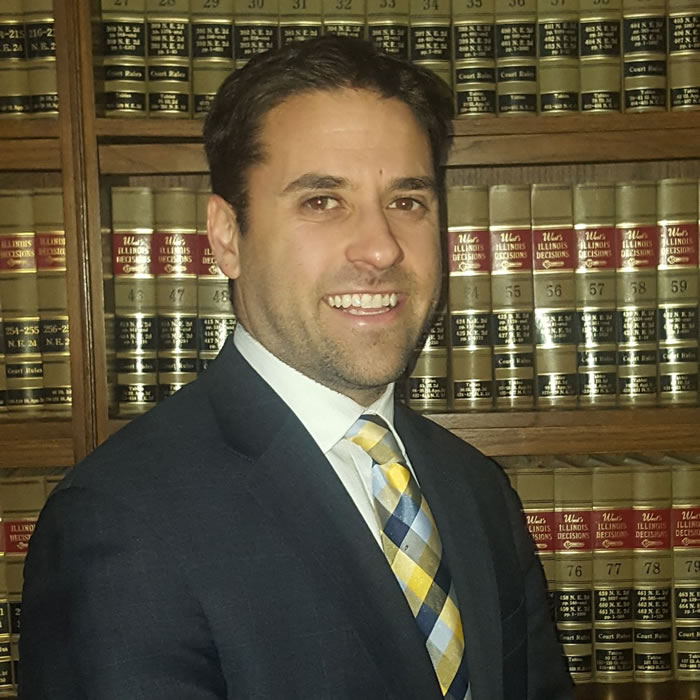Sepsis: a serious (and often avoidable) problem in nursing homes
Nursing home facilities typically promise to provide a loving, attentive environment for the senior patients in their care. Unfortunately, too many fail to follow through with these promises. Instead, patients are subjected to neglect and abuse that threaten their safety and lives.
One particularly troubling issue that nursing home patients can face is sepsis.
What is sepsis?
Sepsis is a dangerous condition that occurs when harmful bacteria enter a person’s bloodstream, often through an untreated infection, leading to inflammation. This inflammation can have severe repercussions, from organ failure to septic shock.
Older patients are particularly vulnerable to sepsis, especially those who have pneumonia, pressure sores and urinary tract infections, which are not uncommon in nursing home patients.
How big of a problem is it?
Unfortunately, sepsis is a very serious problem for nursing home patients. As noted in this article, there are about 6,000 residents admitted to hospitals in Illinois with sepsis every year. About 20 percent of those patients do not survive.
Helping patients, holding facilities accountable
Keeping patients safe from sepsis is crucial, and not overly complicated. In most cases, simply preventing bedsores by moving residents regularly and addressing infections right away can prevent sepsis. In facilities with adequate, capable staff and resources, this should be simple.
However, there are far too many nursing homes in this state that do not provide patients with a standard level of care and support. Most Illinois facilities have below-average staffing levels, leaving patients susceptible to neglect or mistreatment, which can increase the risk of infection and other dangerous conditions.
In these situations, holding the facility legally accountable for any harm done to a patient can be crucial. Not only can it hold responsible the party who mistreated a patient, but it could also protect other patients from suffering the same abuse or neglect. Be sure to contact an experienced nursing home abuse attorney in Belleville, IL.

Daniel C. Katzman is a Partner at Katzman & Sugden, LLC and is licensed to practice law in Illinois and Missouri. Daniel was born and raised in Belleville, Illinois where his dad, Steven E. Katzman has had his law office for over 40 years. Daniel joined the law firm of Katzman & Sugden, LLC after receiving his J.D. from St. Louis University School of Law in 2011, where he earned certificates in Health Law and Employment Law. Prior to that, he received his undergraduate degree in Health: Science, Society & Policy from Brandeis University in Waltham, Massachusetts. Combining his background in health policy and law, Daniel focuses his practice on assisting clients who have been injured through no fault of their own. He is admitted to practice law in Illinois, Missouri, the United States District Court for the Southern District of Illinois, and the United States District Court for the Eastern District of Missouri.
